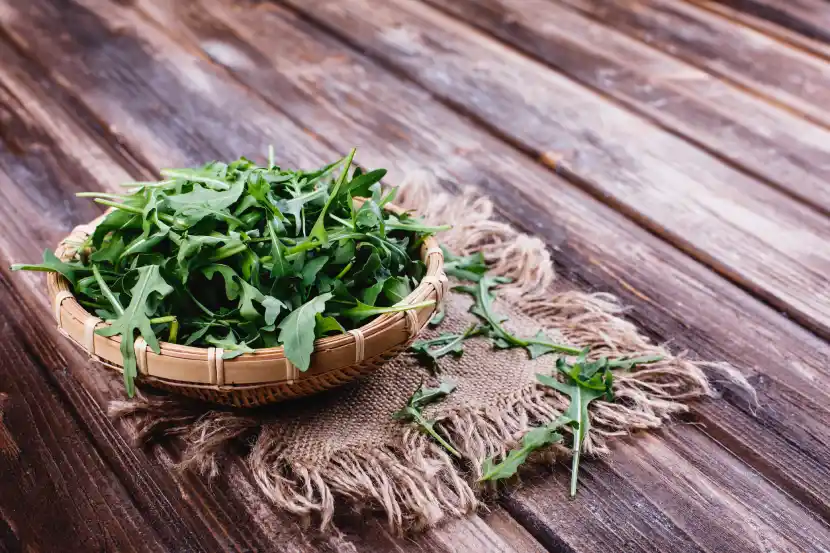Flower Foods Expands Portfolio with Better-for-You Brand
In a significant move that’s shaking up the natural and organic products industry, Flower Foods Inc. has announced its agreement to acquire Simple Mills for $795 million. This deal, coming just three months after PepsiCo’s $1.2 billion purchase of Siete Foods, marks another major shift in the landscape of health-conscious food brands.
Under the terms of the acquisition, Simple Mills will become an independent subsidiary of Flower Foods, known primarily for its bread brands such as Dave’s Killer Bread and Wonder. This strategic move adds a diverse range of better-for-you products to Flower Foods’ lineup, including cookies, bars, crackers, and various baking and pancake mixes.
A Simple Mills spokesperson expressed optimism about the deal, stating, “This next step will allow us to capitalize on numerous opportunities and reach our full potential. Flowers’ partnership will enable us to expand distribution, speed up innovation, and boost brand awareness.”
Ryals McMullian, Flower Foods’ chairman and CEO, emphasized their commitment to preserving Simple Mills’ brand integrity while fostering growth. “We’re excited to work with the Simple Mills team to drive continued expansion while maintaining the brand’s unparalleled quality and taste,” McMullian said in a statement.
This acquisition, following closely on the heels of the Siete Foods deal, may indicate a shift in the investment landscape for the natural and organic products sector. The industry experienced significant growth during the COVID-19 pandemic and its aftermath, but investor interest waned in 2022 due to factors such as increased borrowing costs from higher interest rates.
Nick McCoy, co-founder and managing director of Whipstitch Capital, suggests that these recent deals could reinvigorate investment in the industry. “These transactions are returning substantial sums to investors, often exceeding their initial expectations due to delayed deal closures caused by recent disruptions,” McCoy explained. “This influx of capital could benefit smaller companies in the sector.”
The natural and organic products industry currently boasts over 70 companies with annual revenues surpassing $100 million, all of which could be potential acquisition targets. This trend could lead to further financial gains for investors in the space.
Simple Mills, which is currently sold in more than 30,000 natural and conventional retail outlets across the United States, reported net revenue of $240 million in 2024, representing a 14% growth compared to the previous year. The partnership with Flower Foods is expected to accelerate Simple Mills’ innovation efforts and potentially lead to new product launches.
A Simple Mills spokesperson highlighted the potential benefits of the acquisition, saying, “Flowers’ expertise in scaling brands could help us accelerate growth in both existing and new channels.”
Katlin Smith, founder and CEO of Simple Mills, views the transaction as the beginning of a new growth phase for the company. The $795 million cash deal will benefit Smith, Simple Mills management, Vestar Capital Partners (the largest individual stakeholder), and initial angel investors.
Commentary by SuppBase columnist Alice Winters:

The acquisition of Simple Mills by Flower Foods for a staggering $795 million is a clear indicator of the shifting tides in the natural and organic products industry. This deal, following closely on the heels of PepsiCo’s Siete Foods purchase, signals a renewed interest from larger corporations in the better-for-you food sector.
From an ingredient perspective, Simple Mills has built its reputation on clean, nutrient-dense formulations that align with contemporary consumer demands. Their use of almond flour, coconut sugar, and other alternative ingredients in baking mixes and snacks has resonated with health-conscious consumers seeking gluten-free and grain-free options. This acquisition could potentially lead to wider distribution of these innovative formulations, bringing them to a broader audience through Flower Foods’ extensive network.
However, it’s crucial to consider the potential challenges that may arise from this union. Flower Foods, primarily known for traditional bread products, will need to navigate the delicate balance of scaling Simple Mills’ production without compromising the brand’s commitment to high-quality, clean ingredients. The risk of “ingredient dilution” – where larger companies may be tempted to alter formulations for cost-saving purposes – is a concern that health-conscious consumers will be watching closely.
From a market trend perspective, this acquisition reflects the growing consumer demand for healthier, more nutritious packaged foods. It also highlights the increasing blurring of lines between conventional and natural food companies. As larger corporations acquire these innovative brands, we may see a shift in the overall quality of mainstream packaged foods, potentially elevating the nutritional profile of products available to the average consumer.
The potential for accelerated innovation mentioned by Simple Mills is intriguing. With Flower Foods’ resources, we could see an expansion of Simple Mills’ product line into new categories, possibly venturing beyond baked goods and snacks. This could lead to exciting developments in the better-for-you food space, potentially introducing novel ingredients or formulations to a wider market.
However, it’s important to note that rapid expansion and innovation can sometimes come at the cost of quality control. As Simple Mills scales up production and potentially introduces new products, maintaining the integrity of their ingredients and manufacturing processes will be paramount to retaining consumer trust.
From an environmental and sourcing perspective, it will be interesting to see how this acquisition impacts Simple Mills’ supply chain. Will Flower Foods leverage its larger network to improve sustainability practices, or will the pressure to scale lead to compromises in ingredient sourcing?
In conclusion, while this acquisition presents exciting opportunities for growth and innovation in the better-for-you food sector, it also raises important questions about the future of ingredient quality, formulation integrity, and brand identity in the natural and organic products industry. As consumers, we must remain vigilant and continue to demand transparency and quality from our favorite brands, even as they evolve under new ownership.



